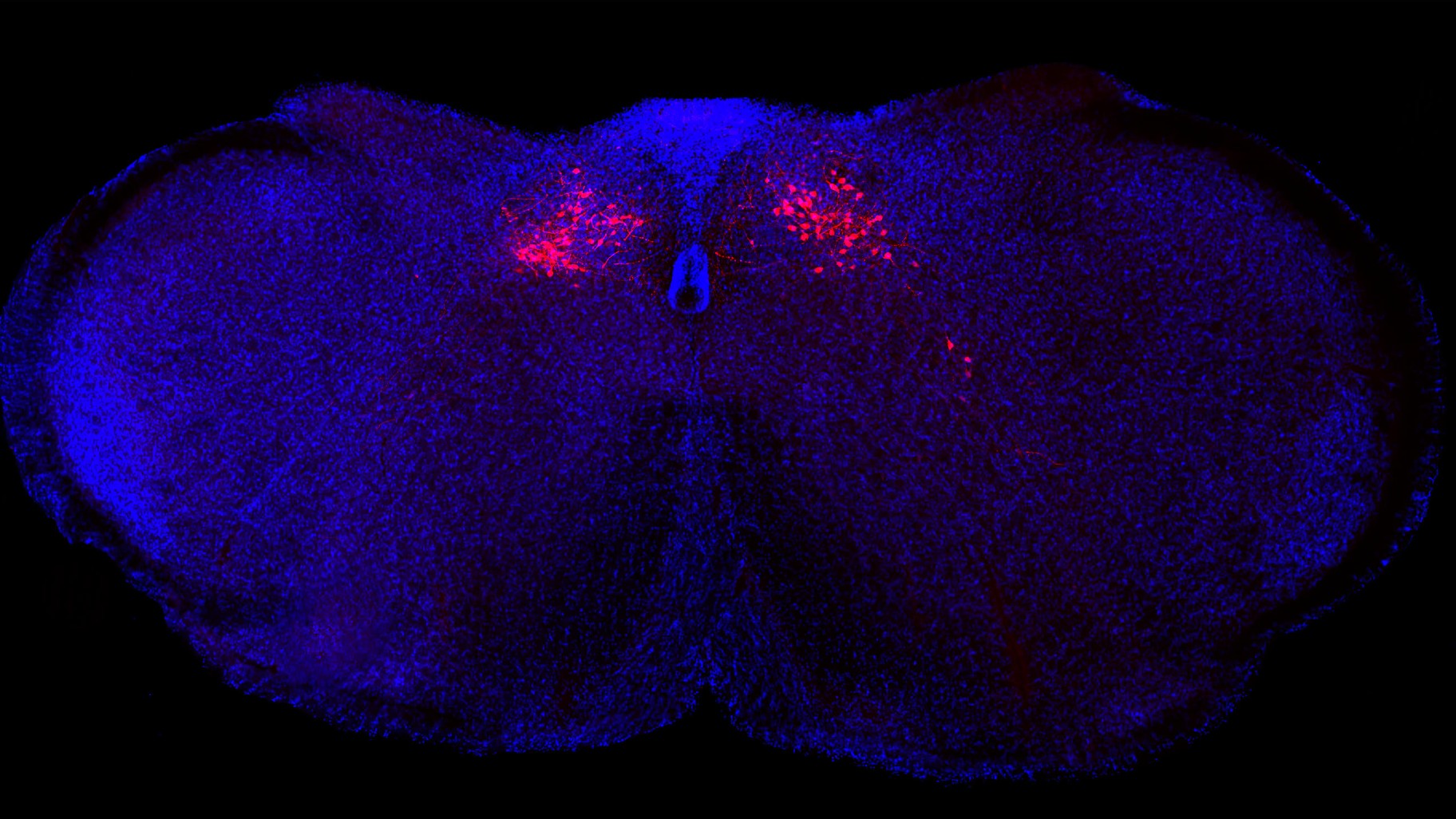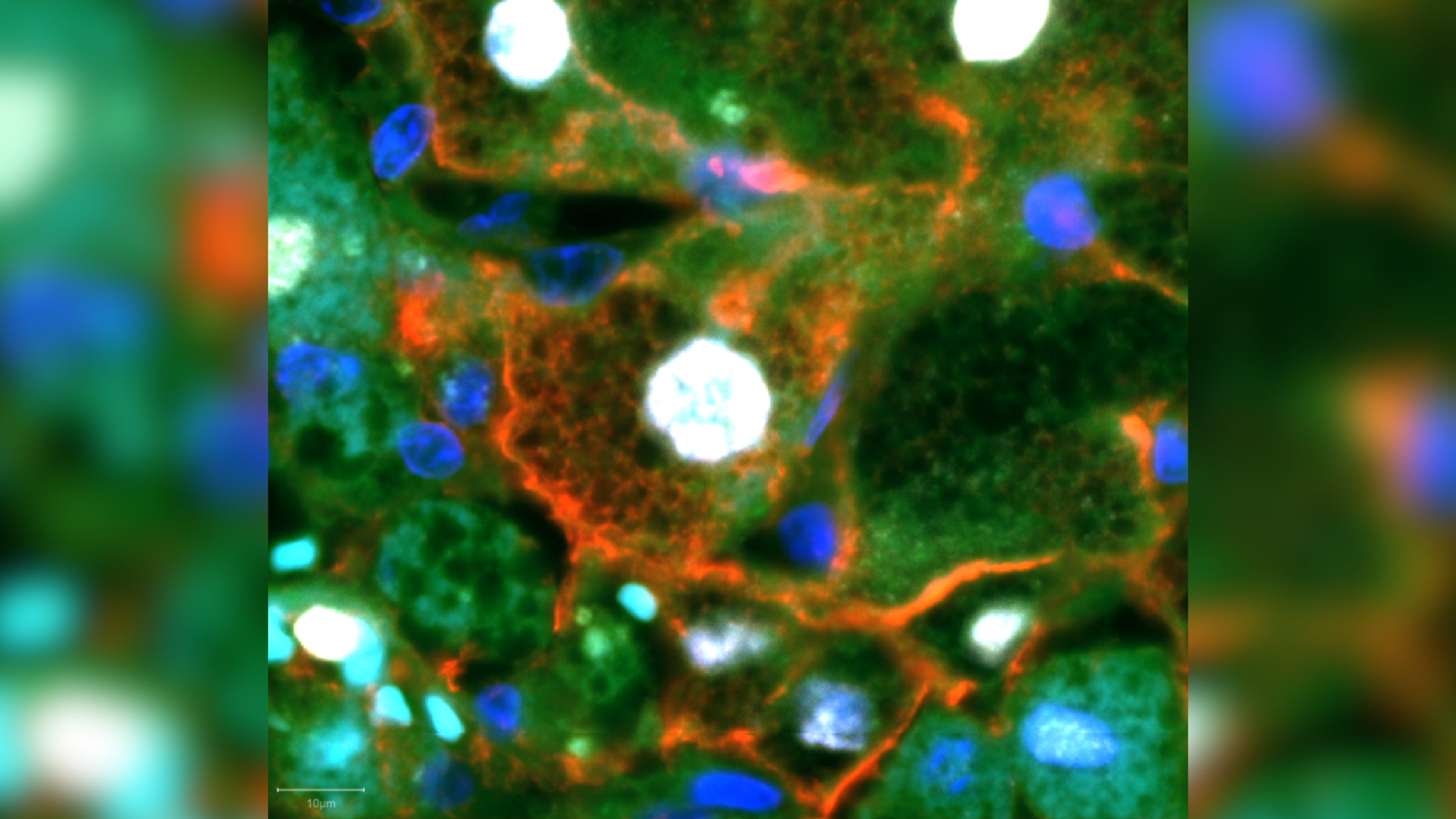
Emily Cooke
Emily is a health news writer based in London, United Kingdom. She holds a bachelor's degree in biology from Durham University and a master's degree in clinical and therapeutic neuroscience from Oxford University. She has worked in science communication, medical writing and as a local news reporter while undertaking NCTJ journalism training with News Associates. In 2018, she was named one of MHP Communications' 30 journalists to watch under 30. (emily.cooke@futurenet.com)
Latest articles by Emily Cooke
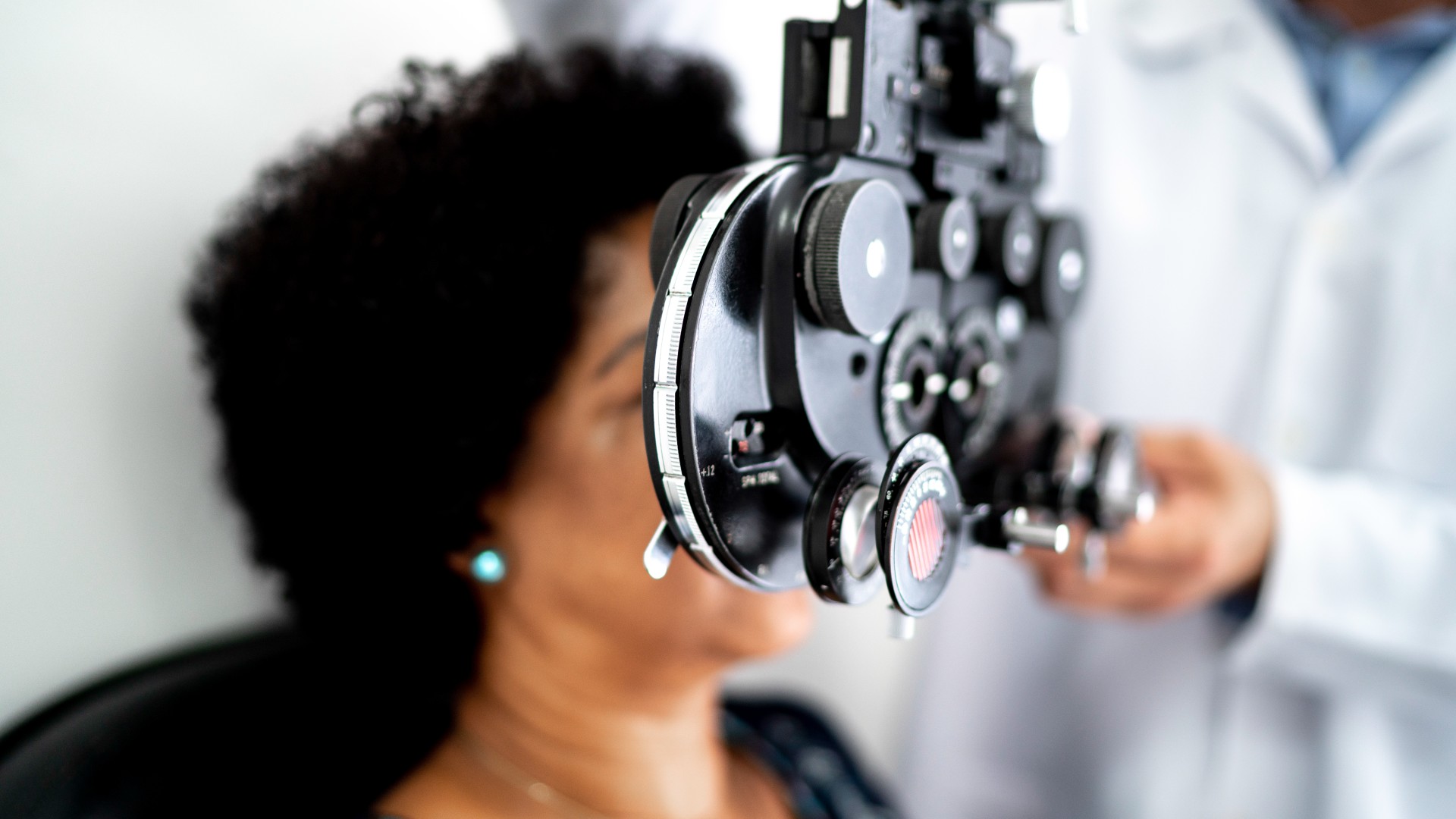
Melatonin may stave off age-related vision loss, study hints
By Emily Cooke published
A large new analysis has tied the use of supplemental melatonin to a lower risk of developing one of the most common age-related causes of vision loss.

Gen Xers will have higher cancer rates than boomers, study forecasts
By Emily Cooke published
A new modeling study predicts that cancer rates in people over 60 may be rising among successive generations.
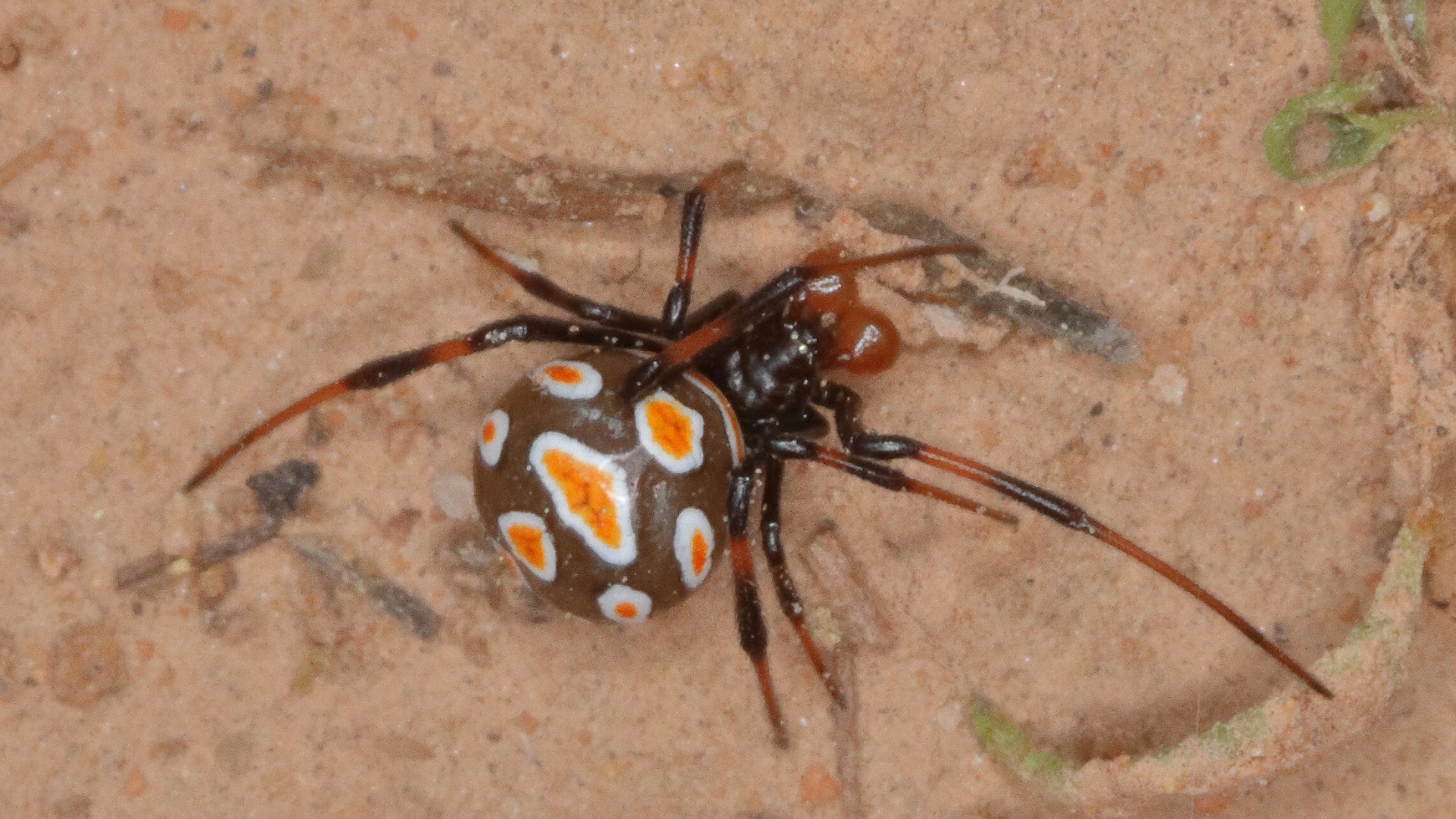
New antivenom invented for black widow spider bites
By Emily Cooke published
A new type of antivenom that contains human antibodies could more safely and effectively treat European black widow spider bites.

The 5 human senses — and a few more you might not know about
By Ailsa Harvey, Alina Bradford last updated
Reference Humans have more than five senses that help us navigate the world.

Restless legs syndrome tied to 140 'hotspots' in the genome
By Emily Cooke published
A new study has identified more than 140 novel genetic risk factors associated with the development of restless legs syndrome.
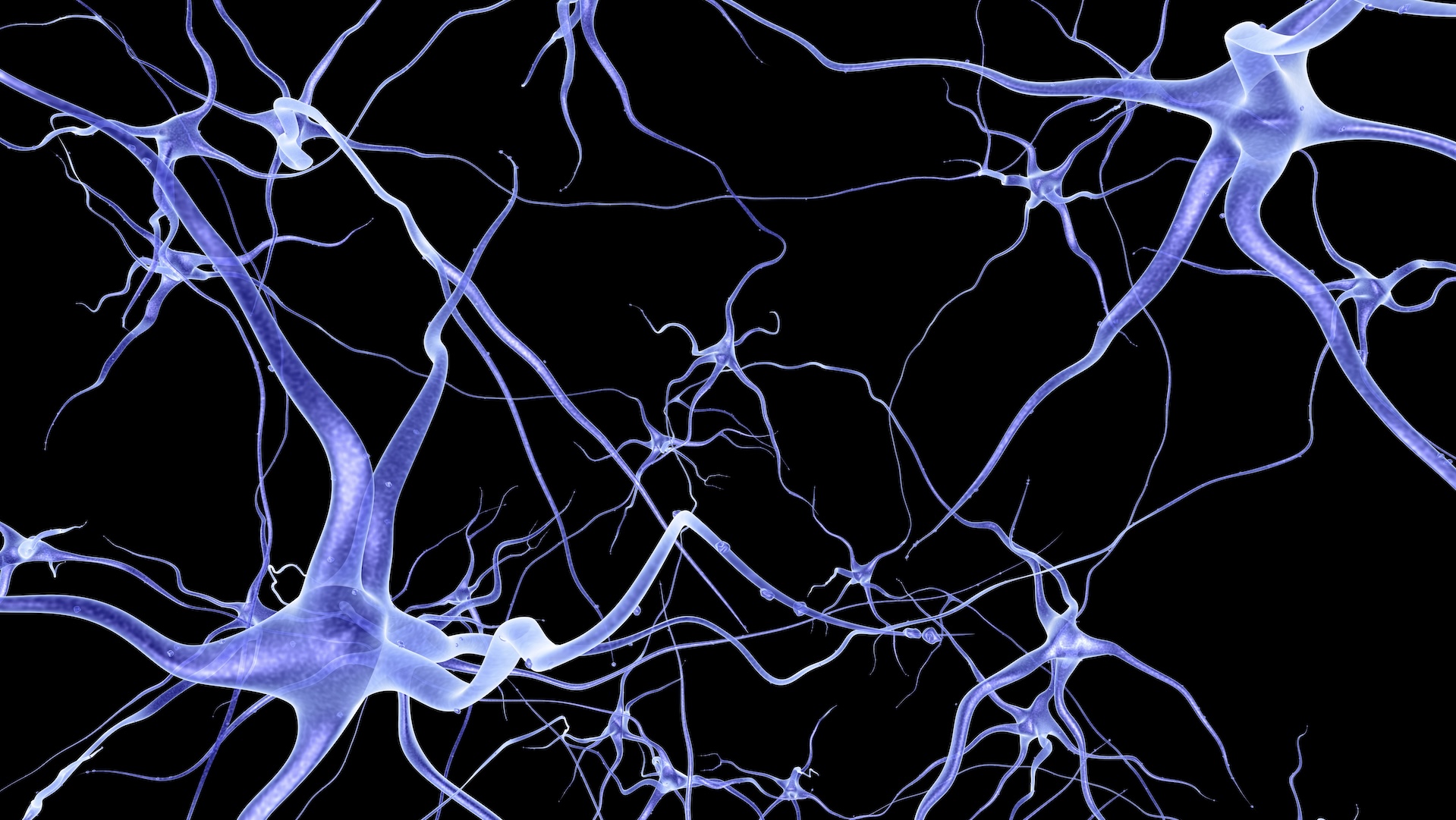
Scientists pinpoint likely origin of stuttering in the brain
By Emily Cooke published
Disruptions to a single network in the brain may be responsible for stuttering, new research suggests.
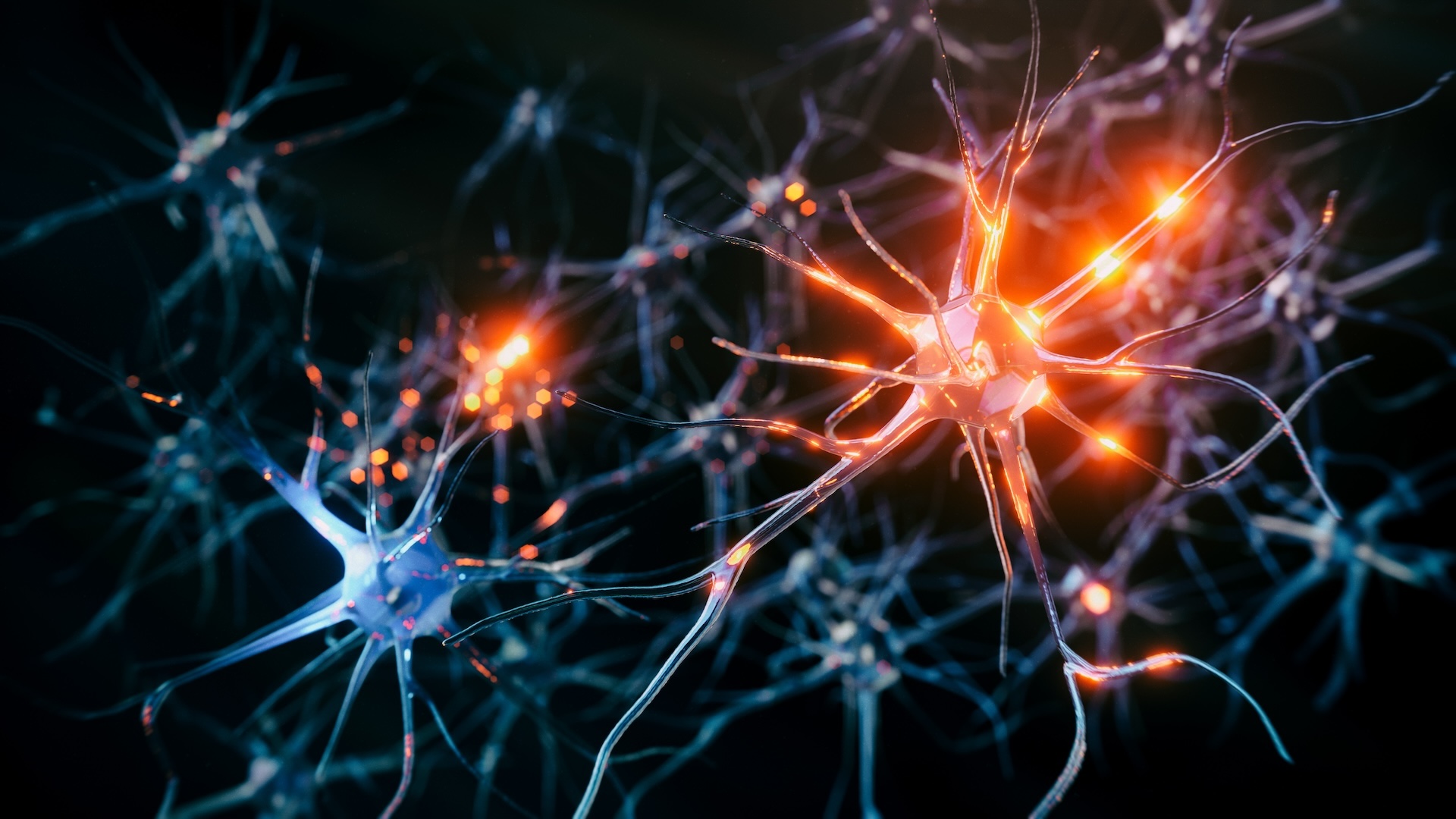
The brain can store nearly 10 times more data than previously thought, study confirms
By Emily Cooke published
Scientists harnessed a new method to precisely measure the amount of information the brain can store, and it could help advance our understanding of learning.
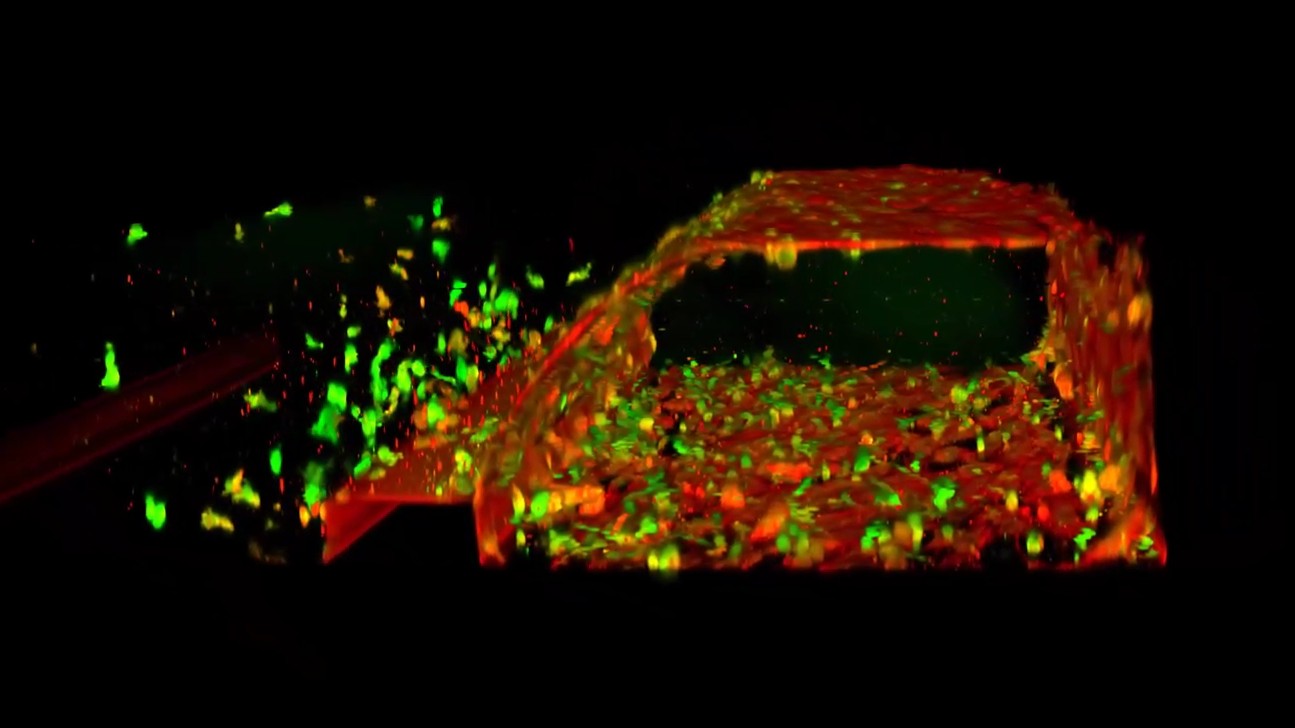
Cobra venom kills by collapsing blood vessels, organ-on-a-chip shows
By Emily Cooke published
A new 3D model of a human blood vessel made in the lab may help accelerate the development of new antivenoms, researchers say.

Some patients with brain injuries have life support withdrawn too soon, study suggests
By Emily Cooke published
A small modeling study suggests that some patients with severe traumatic brain injury may have recovered had they been kept on life support for longer.
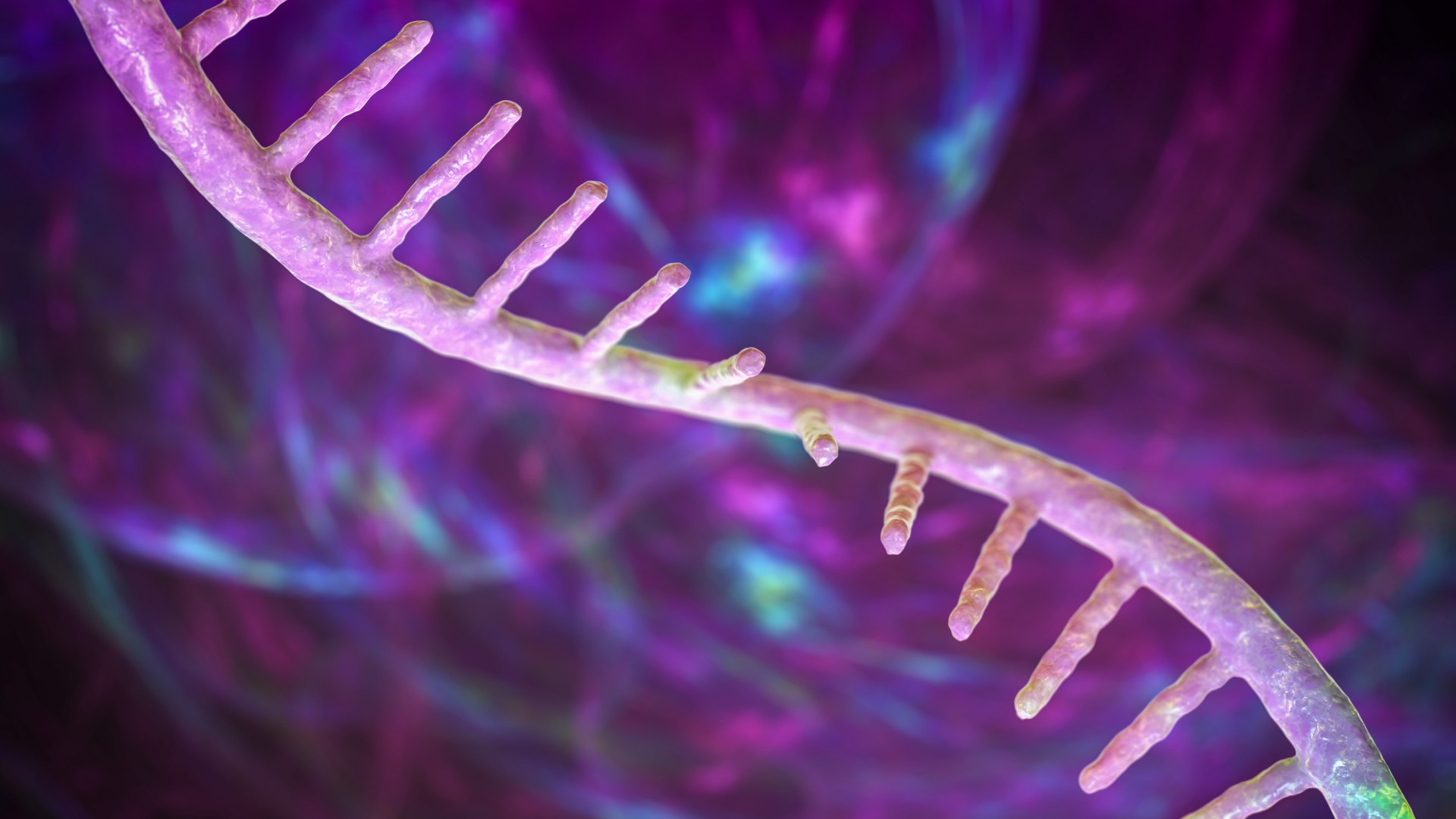
New genetic cause of intellectual disability potentially uncovered in 'junk DNA'
By Emily Cooke published
Mutations in "junk DNA" could be responsible for rare genetic cases of intellectual disability, new research hints.

Did pandemic lockdowns stunt kids' immune systems long-term?
By Emily Cooke published
Common illnesses spiked in kids as COVID-related social distancing policies were lifted. But experts say this doesn't reflect a long-term change in children's immune systems.

Ancient Egyptians tried to treat cancer 4,000 years ago, cut-marked skull indicates
By Emily Cooke published
Cut marks discovered surrounding cancerous lesions on an ancient Egyptian skull suggest that humans were conducting cancer surgery more than 4,000 years ago.

What's the highest place on Earth that humans live?
By Emily Cooke published
Inhabitants of the world's highest settlement, La Rinconada, in the Peruvian Andes, face a unique set of challenges.
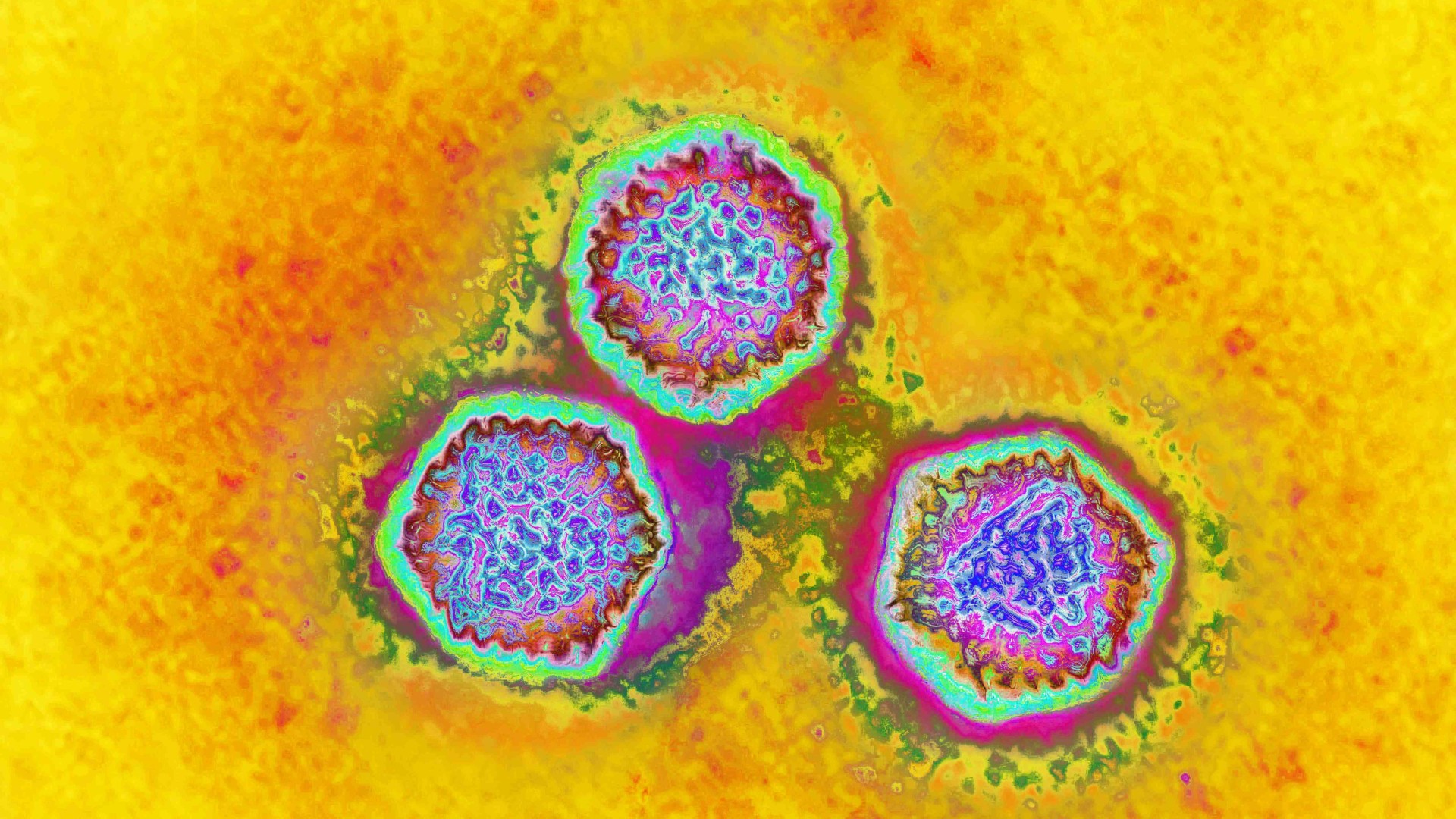
50,000-year-old Neanderthal bones harbor oldest-known human viruses
By Emily Cooke published
A new analysis of two skeletons suggests that three modern human viruses infected Neanderthals around 50,000 years ago.

Drowning deaths in US on the rise for the 1st time in decades
By Emily Cooke published
About 500 more people died from drowning each year between 2020 and 2022 than did in 2019, the CDC reports.
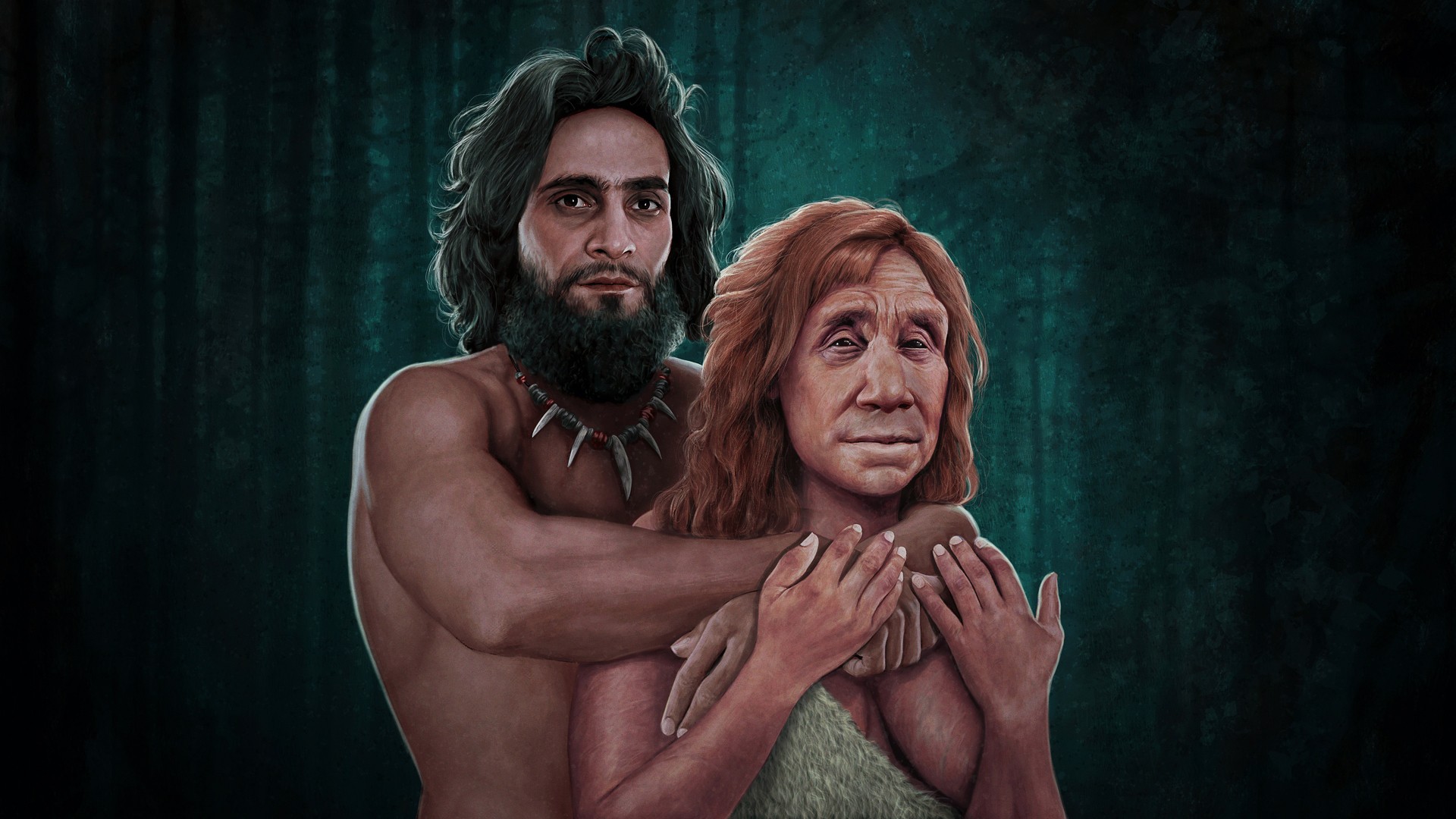
'More Neanderthal than human': How your health may depend on DNA from our long-lost ancestors
By Emily Cooke published
Neanderthals and humans mated millennia ago, and their legacy lives on in us today. Here's how.
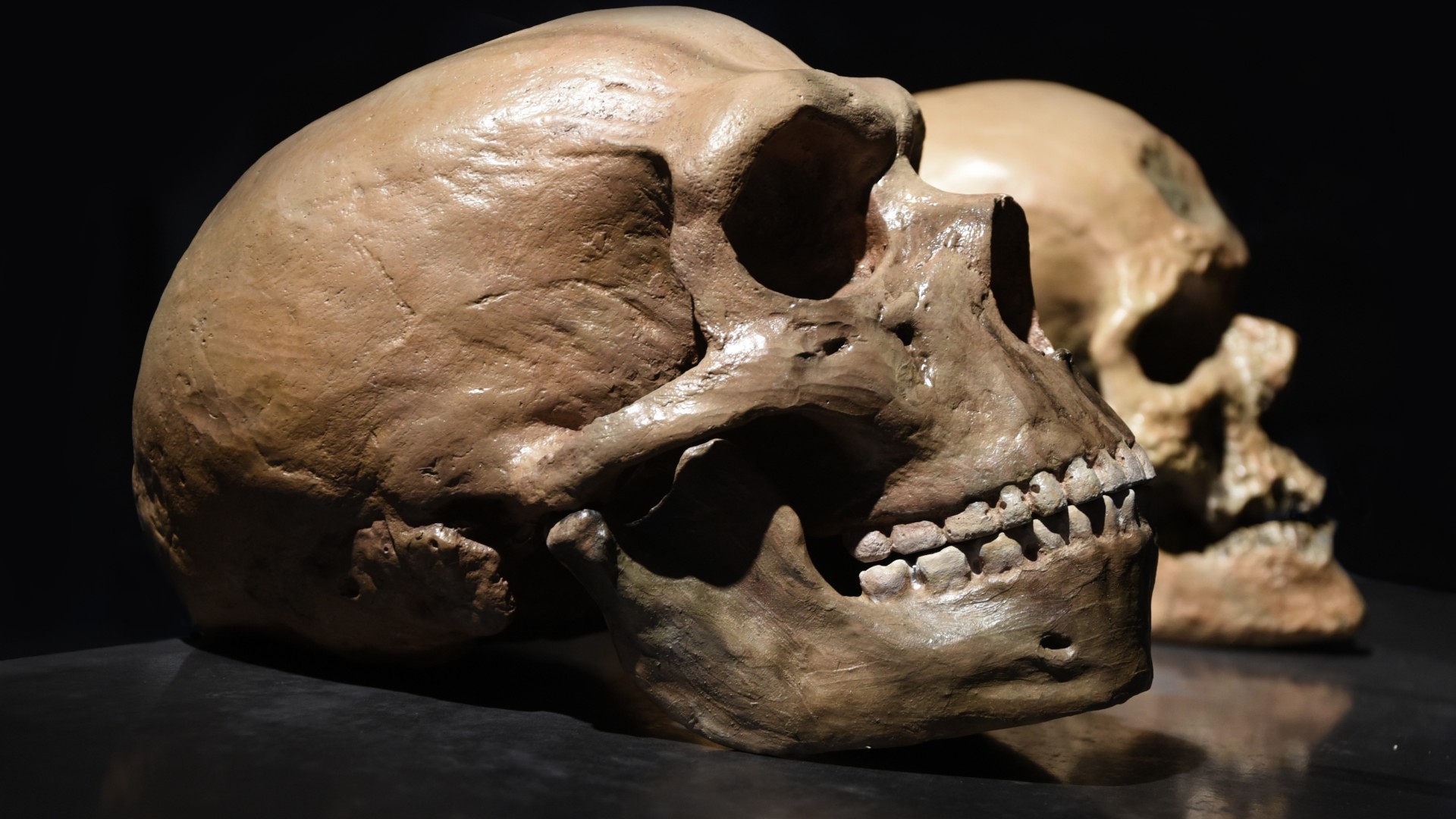
What's the difference between Neanderthals and Homo sapiens?
By Emily Cooke published
Neanderthals are our closest relatives who went extinct around 40,000 years ago. Here's how they differed to us.
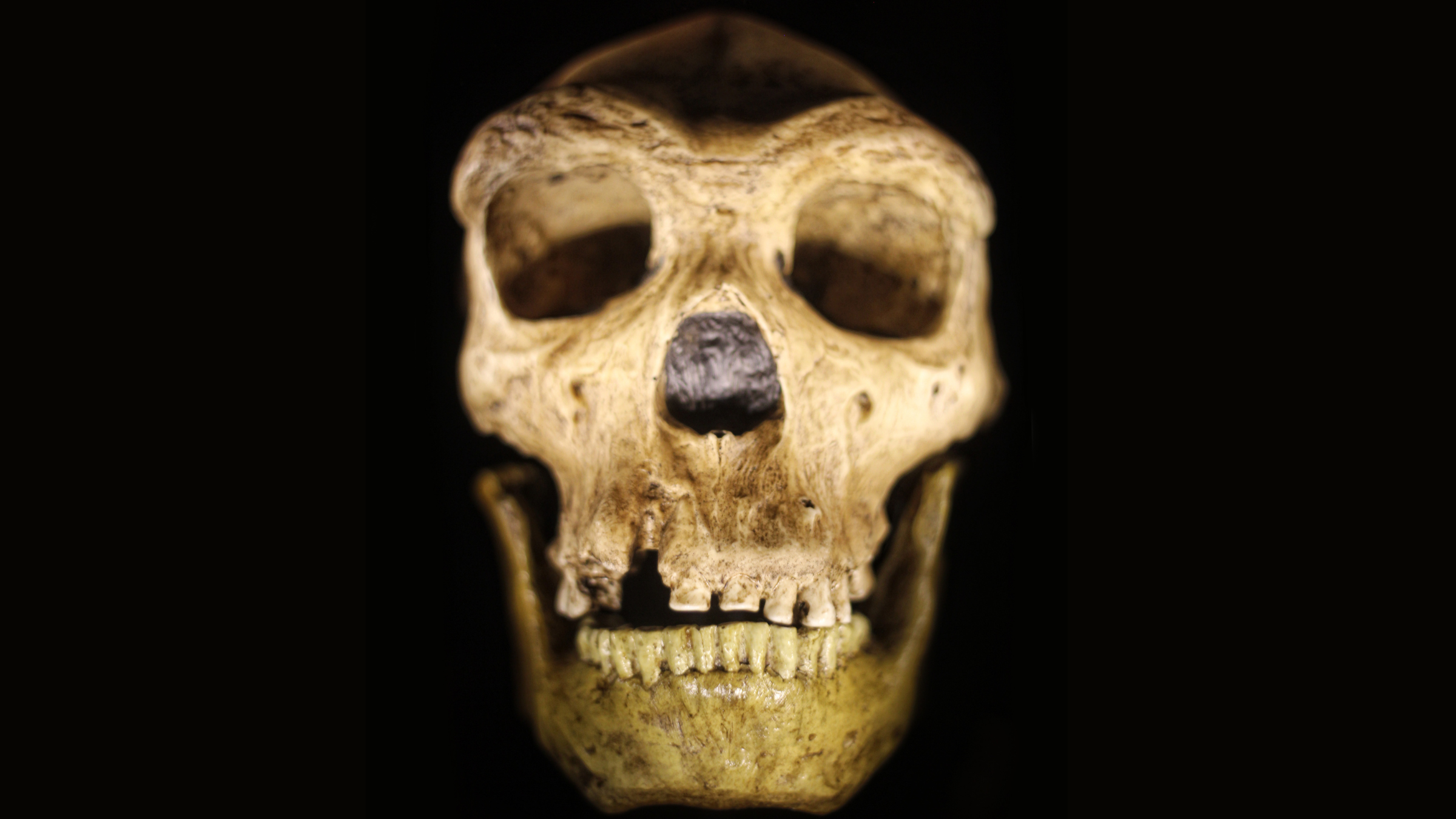
Could Neanderthals talk?
By Emily Cooke published
While still the topic of ongoing debate, some scientists think Neanderthals could talk and may have had language.
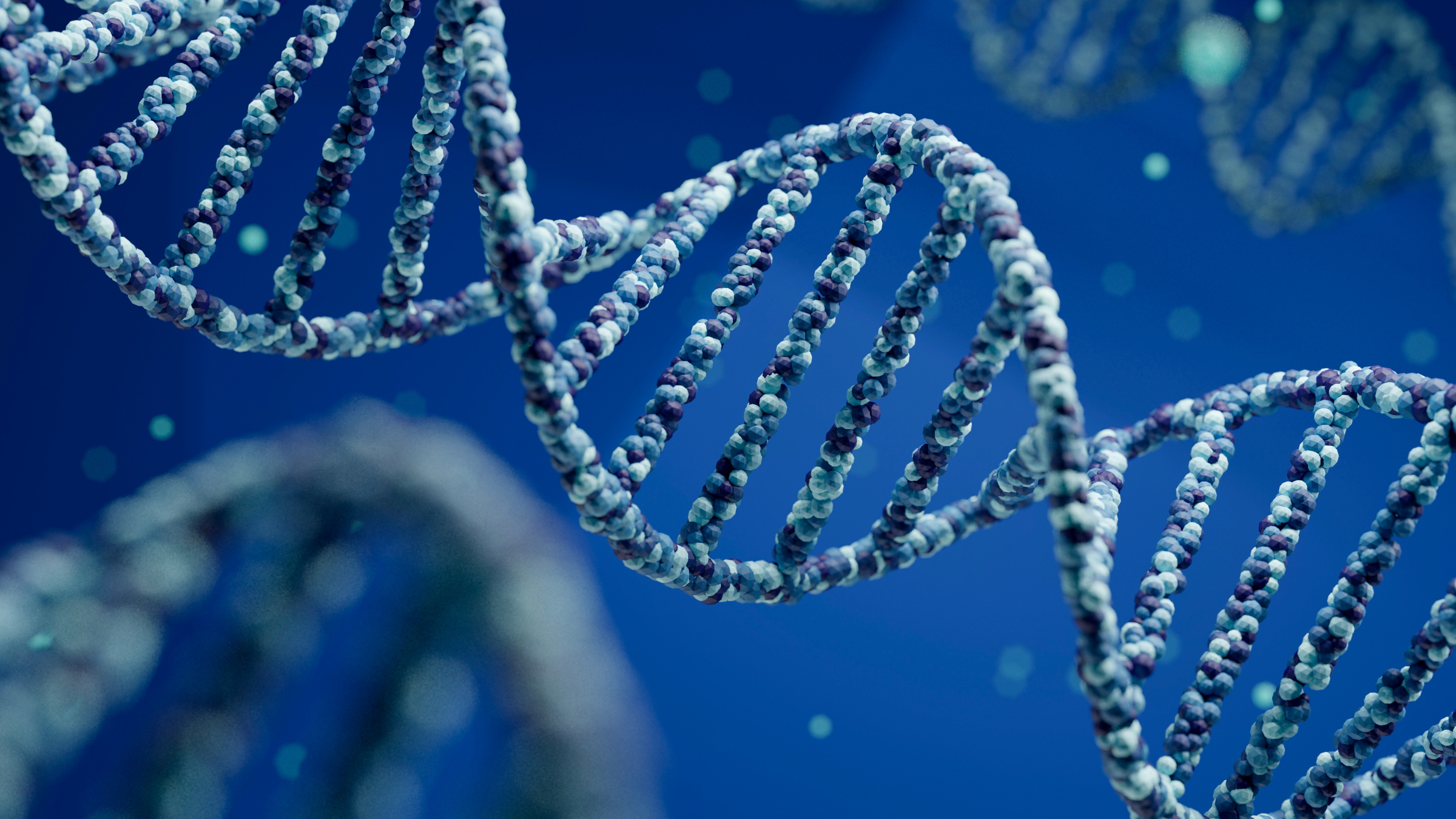
10 unexpected ways Neanderthal DNA affects our health
By Emily Cooke published
Around 2% of the genomes of modern Eurasians contains Neanderthal DNA. Here's how it affects our health.
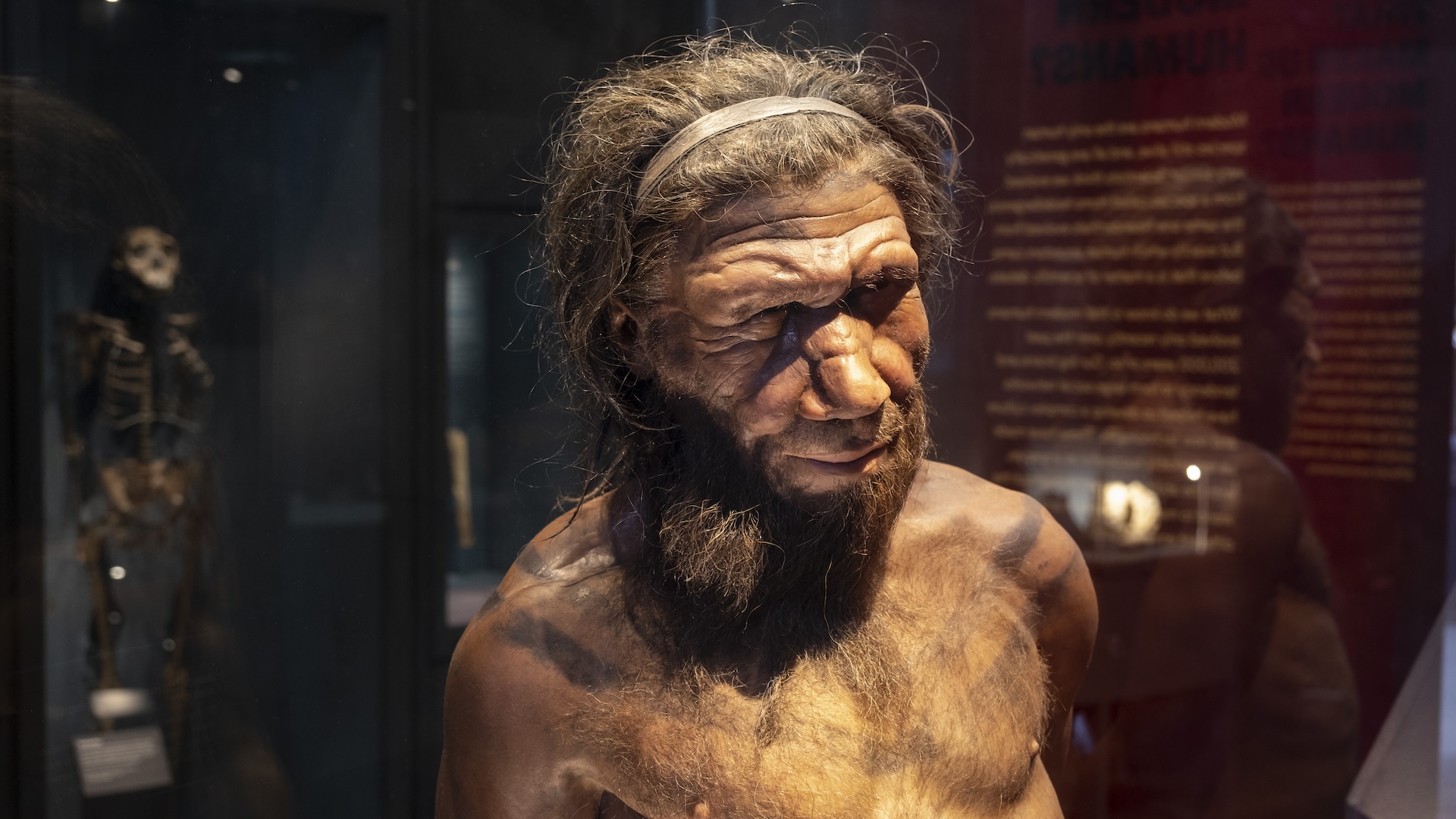
The mystery of the disappearing Neanderthal Y chromosome
By Emily Cooke published
Non-Africans carry around 2% Neanderthal DNA in their genomes — yet there's one chromosome where DNA from our ancient cousins is nowhere to be found.
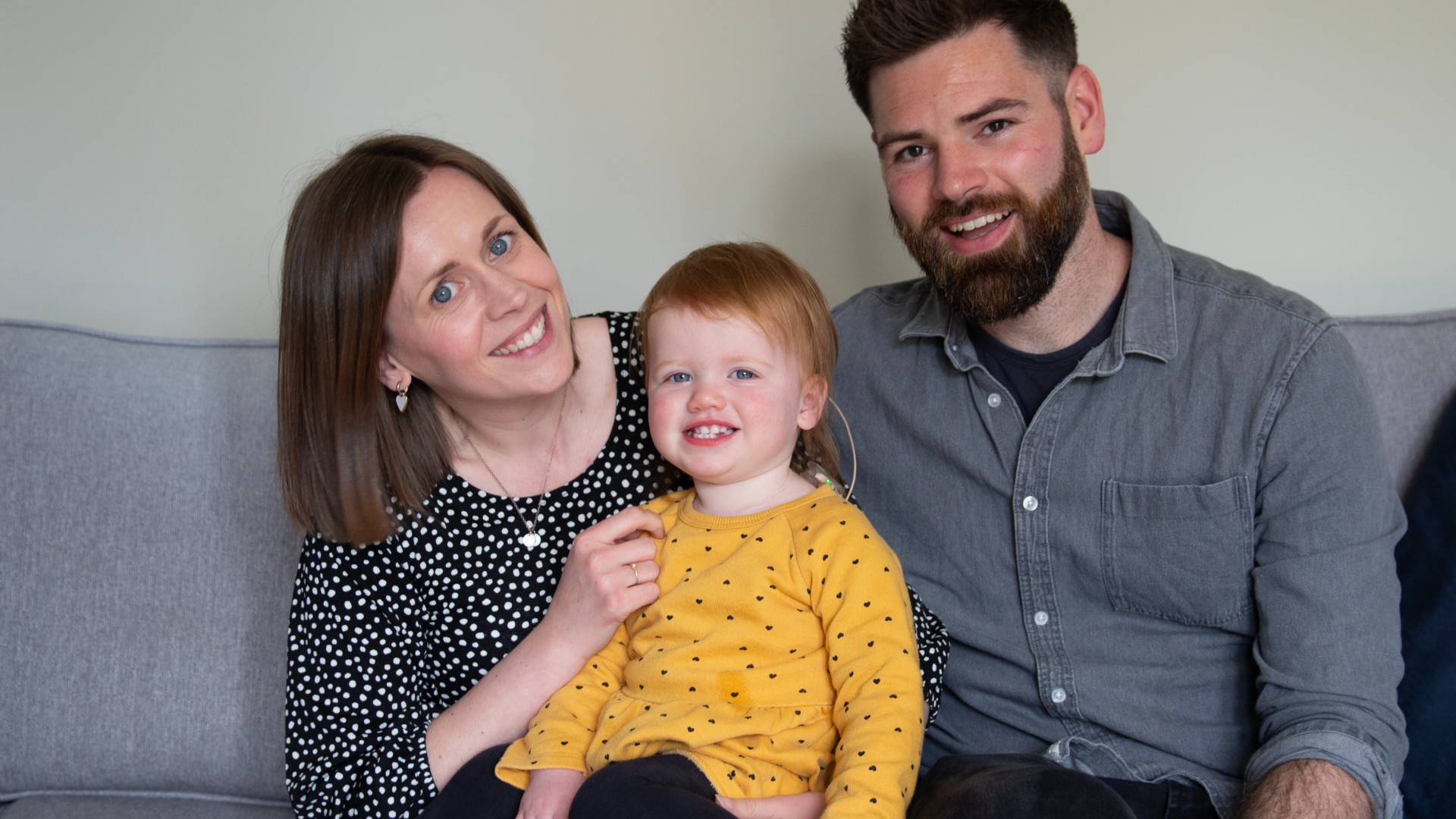
Deaf baby can hear after 'mind-blowing' gene therapy treatment
By Emily Cooke published
Seven months after her treatment, the baby girl can now respond to her parents' voices without the aid of a cochlear implant.
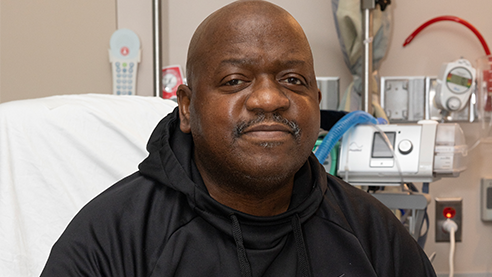
1st person to receive a pig kidney transplant has died
By Emily Cooke published
Rick Slayman was the first person in the world to receive this pioneering surgery in March 2024.
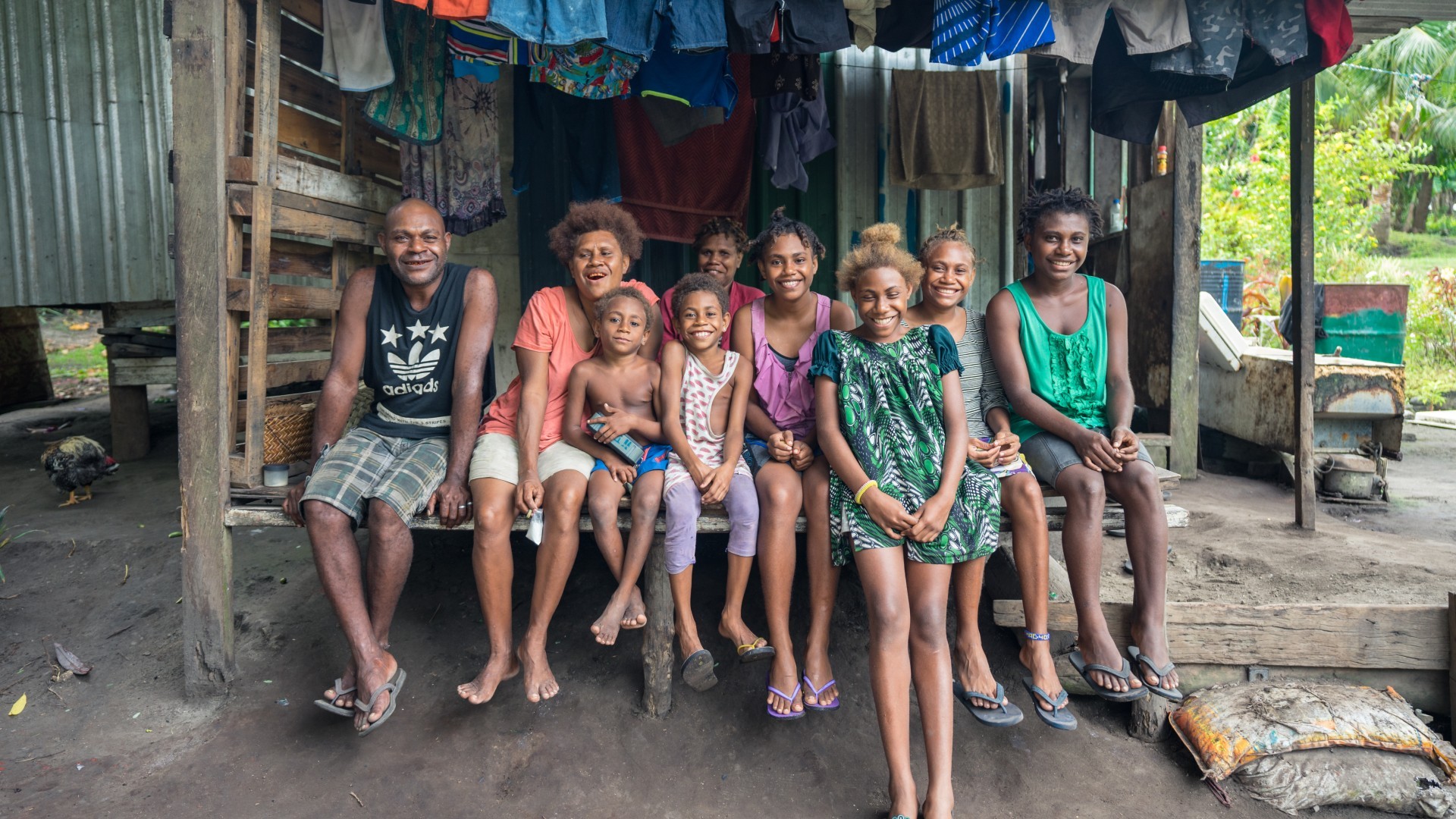
Papua New Guineans, genetically isolated for 50,000 years, carry Denisovan genes that help their immune system, study suggests
By Emily Cooke published
Genes inherited from Denisovans, extinct human relatives, may help Papua New Guineans in the lowlands fight off infection, while mutations to red blood cells may help highlanders live at altitude.
Sign up for the Live Science daily newsletter now
Get the world’s most fascinating discoveries delivered straight to your inbox.
